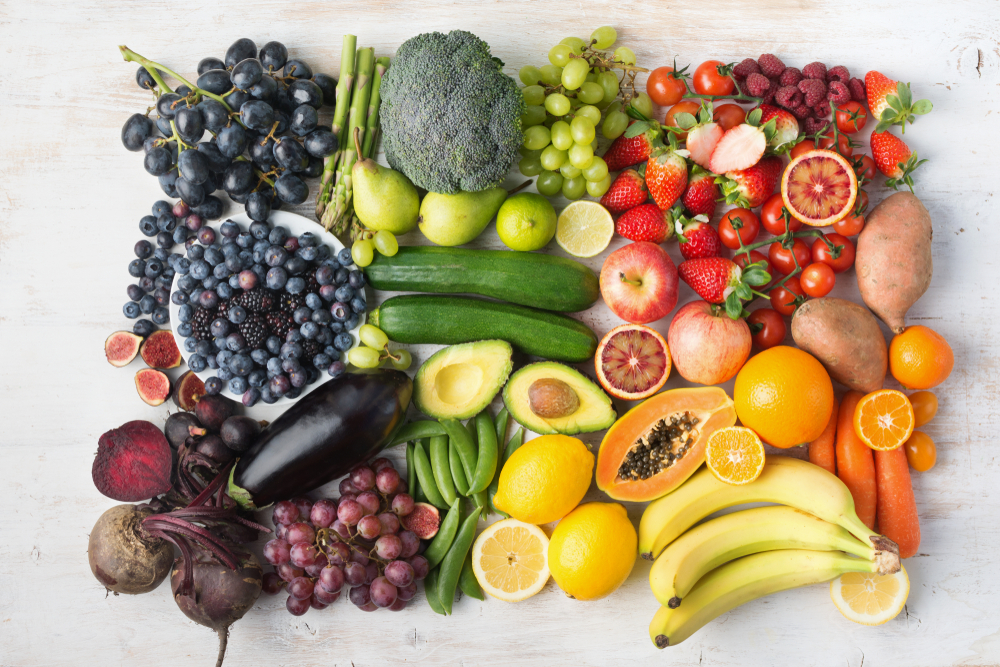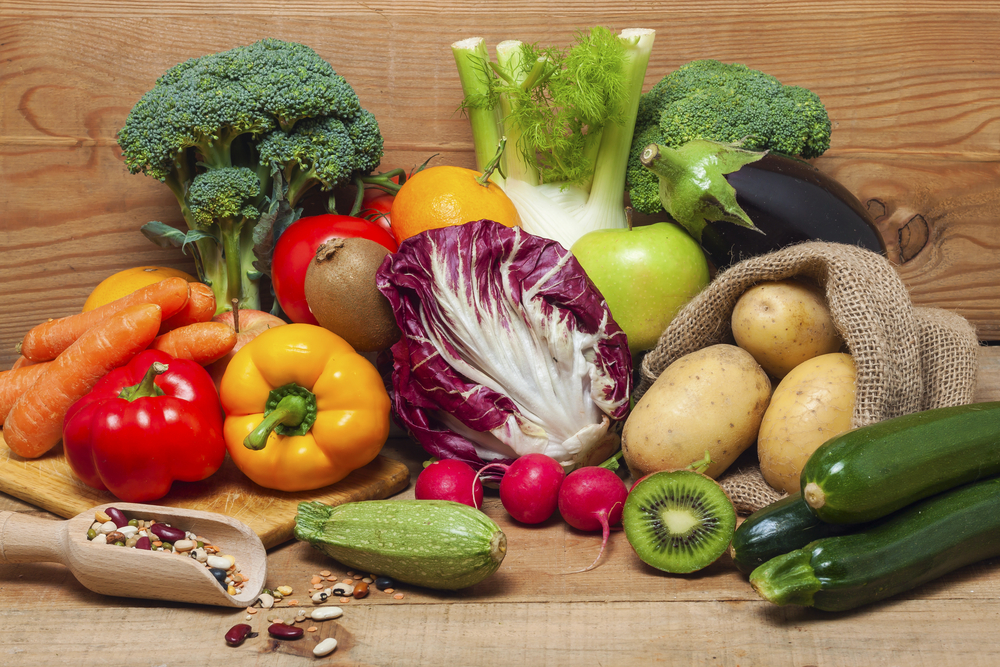
We all know how great it feels to smile at someone and have one returned: it brightens the day. We also know how important it is to take care of our teeth and gums through good oral hygiene – but what about how nutrition plays a part in the health of our mouths?
It is our gums that help feed and nourish the teeth and it’s those that can be the cause of health issues.
Clinical Nutritionist, Suzie Sawyer, shares her five top tips to support your teeth and gum health.

Get the hygiene basics right
Whilst it’s super-important to be nourishing your teeth and gums through your diet, you need to get the basics in place too. There’s no getting away from maintaining a great brushing and flossing routine. If you’re noticing gums bleeding when you brush, this is often a sign that there’s bacteria build up between the teeth, which irritates the gums and causes inflammation.

Investing in an electric toothbrush is brilliant, and if you change the brush heads regularly, it should last a long time. Brush your teeth twice a day but also floss once a day too. You’ll be amazed at how much food is still stuck between the teeth even after you’ve brushed thoroughly. Use the small brushes between teeth too.
Try CoQ10
Coenzyme Q10 (CoQ10) is often referred to as vitamin Q. It’s vital for life, occurs in very small quantities in foods, but we also produce it in the body. CoQ10 is essential for energy, it’s a powerful antioxidant, and is very important for healthy gums. Interestingly, there is an association with gum disease and cardiovascular disease, and CoQ10 has been used effectively to support both conditions, especially in cases of the nasty gum disease, gingivitis.

With gum disease, bad bacteria are the main cause, which affects the immune system. It seems that CoQ10 can help crowd out bad bacteria by supporting the immune system. Plus, if you’re lacking in energy, you could really benefit from taking a supplement of CoQ10.
Eat more flavonoids
Flavonoids are a group of plant compounds, essentially found in fruits, vegetables and green tea, that provide amazing health benefits. In terms of gum health, a group known as procyanidins, found in red grapes, are especially helpful.

When it comes to dental care, flavonoids also seem to target the bacteria that cause gum disease by stopping bugs sticking to the teeth. Foods such as dark cherries, blueberries, raisins, blackcurrants, prunes, and green tea, are especially helpful. Flavonoids can also slow down inflammation in the gums that causes gingivitis.
Vitamin D
Your teeth contain high levels of the mineral calcium. Indeed, calcium is the most abundant mineral in the body. We understand calcium is needed for healthy bones but it’s just as important for our teeth. However, it can’t do any of its work without vitamin D.

Most people are aware that vitamin D is known as the sunshine vitamin because it’s produced on the skin in the presence of sunshine. But when the sun goes away during the winter months in the northern hemisphere, then we don’t have sufficient vitamin D stored. And this is not good news for your teeth. It’s time to start taking a vitamin D supplement: Public Health England recommend taking a minimum of 10 micrograms daily. Some people may need more if they know they’re deficient.
Feed the gut microbiome
The more we know about the internal gut microbiome, the more we realise just how important it is to overall health. And this is so true when looking at gum health.
The mouth is a reservoir of bacteria, most of which are essential to health, but some are known to cause issues further down in the digestive tract. It’s therefore important to make sure the gut is healthy and that we’re feeding the good bacteria that look after us so well.

Eating a colourful diet, loaded with fruits and vegetables is one of the best ways of nurturing the gut microbiome. Natural live yoghurt is also a good option as it is full of probiotics that also feed the gut.
Why not start the day with a gum and teeth protective breakfast of live natural yoghurt (also rich in calcium), colourful berries and a few nuts and seeds?
FOR MORE GREAT NUTRITION AND LIFESTYLE ADVICE:
Sign up to receive our blog and get a weekly dose of the latest nutrition, health and wellness advice direct to your inbox.
For everything you need to know about vitamins, minerals and herbs visit our sister site Vitamin Expert – your essential guide to nutrition and natural health.
Follow us on Instagram @feelaliveuk for nutrition, lifestyle and well-being tips.
Visit us at www.feelaliveuk.com for the latest offers and exclusive Alive! content.
Follow and Chat with Suzie on Twitter @nutritionsuzie
All images: Shutterstock
























































